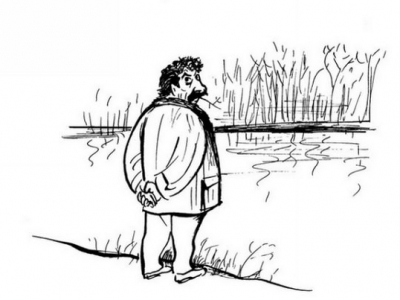Narrative economy/8 - A non-conformist critic of everything that appears fake, the writer has given voice to immortal characters. And to a Jesus who moves us
by Luigino Bruni
published in Avvenire on 01/12/2024
«I remember a sunset driving along a road in Calabria. We were unsure of our route and...
stdClass Object
(
[article_layout] =>
[show_title] =>
[link_titles] =>
[show_tags] =>
[show_intro] =>
[info_block_position] =>
[info_block_show_title] =>
[show_category] =>
[link_category] =>
[show_parent_category] =>
[link_parent_category] =>
[show_associations] =>
[show_author] =>
[link_author] =>
[show_create_date] =>
[show_modify_date] =>
[show_publish_date] =>
[show_item_navigation] =>
[show_icons] =>
[show_print_icon] =>
[show_email_icon] =>
[show_vote] =>
[show_hits] =>
[show_noauth] =>
[urls_position] =>
[alternative_readmore] =>
[article_page_title] =>
[show_publishing_options] =>
[show_article_options] =>
[show_urls_images_backend] =>
[show_urls_images_frontend] =>
[helix_ultimate_image] => images/2024/12/01/Guareschi_01_ant.jpg
[helix_ultimate_image_alt_txt] =>
[spfeatured_image] => images/2024/12/01/Guareschi_01_ant.jpg
[helix_ultimate_article_format] => standard
[helix_ultimate_audio] =>
[helix_ultimate_gallery] =>
[helix_ultimate_video] =>
[video] =>
)














